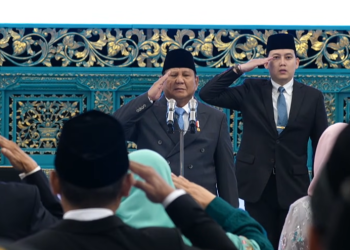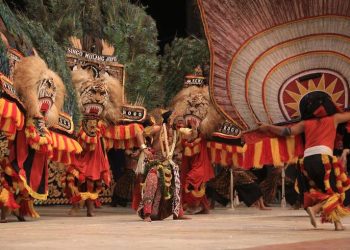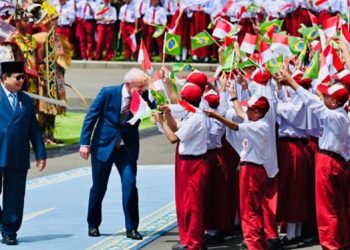Jakarta, Indonesia Sentinel — Social media platforms are filled with slang and trending terms, and one expression gaining traction is “green forest.” While some users might have encountered this term in their feeds, its meaning remains unclear to many.
At first glance, “green forest” translates literally to “a forest.” However, its use on social media deviates significantly from this literal interpretation. Like many slang terms, “green forest” carries a unique connotation shaped by online culture.
On social media, the terms is often used to describe someone with an exceptionally positive personality. The term builds upon the concept of a “green flag,” which denotes an individual with desirable traits in social or romantic relationships.
From “Green Flag” to “Green Forest”
A “green flag” refers to a person who exhibits positive qualities such as maturity, responsibility, honesty, and kindness. People identified as “green flags” are often admired or considered ideal partners.
“Green forest,” on the other hand, represents an elevated version of a “green flag.” It describes someone whose character is so overwhelmingly positive that they seem almost perfect. Traits associated with a this terms include patience, loyalty, compassion, understanding, and honesty, all rolled into one.
Additionally, he is characterized by sensitivity and deep empathy, able to understand others’ feelings and consistently striving to support those in need.
A “green forest” persons is often portrayed as someone with strong moral principles who remains steadfast in their values, unaffected by external influences. This combination of traits makes the individual an inspiring figure to those around him.
Why it Stands Out
Unlike “green flag,” which is relatively common, individuals described as “green forests” are considered rare gems. These are people who appear to possess an impeccable blend of virtues, often seen as flawless in their behavior and interactions.
Read also : YONO Lifestyle is Redefining Gen Z Trends in 2025, What Is It?
“Green forest” might sound like an environmental term, but its social media usage is far removed from its literal meaning. Instead, it symbolizes an idealized version of positive character traits, making it a coveted label in online conversations about relationships and personal values.
(Raidi/Agung)
























